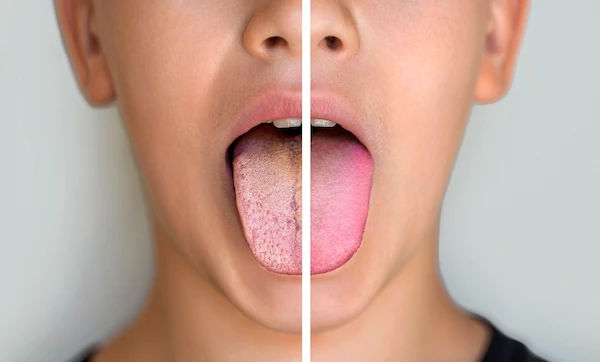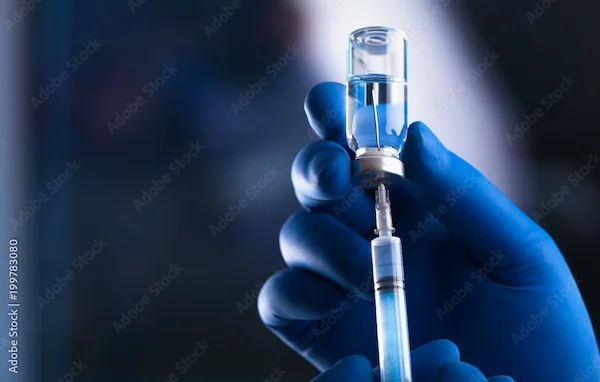Lowering Creatinine Levels: Tips and Remedies
Know about lowering creatinine in your body. Why is it important? And learn to maintain creatinine levels normal through natural foods and lifestyle tips.

Written by Dr. M L Ezhilarasan
Reviewed by Dr. D Bhanu Prakash MBBS, AFIH, Advanced certificate in critical care medicine, Fellowship in critical care medicine
Last updated on 4th Aug, 2025
.jpeg?tr=q-80,f-webp,w-350,dpr-2,c-at_max 700w)
Introduction
High creatinine levels can be a cause for concern, as they often indicate that your kidneys may not be functioning as well as they should. If you or a loved one has been diagnosed with elevated creatinine levels, don’t worry—there are ways to manage and improve this condition. In this article, we’ll explain what creatinine is, why high levels matter, and how you can take steps to lower them naturally.
What is Creatinine?
Creatinine is a waste product produced by your muscles during normal movement and activity. Your kidneys filter creatinine out of your blood and remove it through urine. If your kidneys aren’t working efficiently, creatinine can build up in your bloodstream, leading to higher-than-normal levels.
A simple blood test can measure your creatinine levels, and doctors use this to assess how well your kidneys are functioning.
Why High Creatinine Levels Are a Concern
Elevated creatinine levels may indicate:
Kidney dysfunction can be acute or chronic kidney disease.
Dehydration
High protein intake
Certain medications (like NSAIDs or antibiotics)
Muscle disorders
If left unchecked, high creatinine levels can worsen kidney health, leading to complications like fatigue, swelling, and even kidney failure.
Symptoms of High Creatinine Levels
Some common signs include:
Fatigue and weakness
Swelling in the feet, ankles, or face
Frequent urination or reduced urine output
Nausea or vomiting
Shortness of breath
Dry, itchy skin
If you experience these symptoms, consult a doctor for proper evaluation.
Consult Top nephrologist for an effective remed
How to Lower Creatinine Levels Naturally
While severe cases may require medical treatment, you can take steps to manage and lower creatinine levels with lifestyle and dietary changes.
1. Stay Hydrated
Dehydration can increase creatinine levels. Drinking enough water helps your kidneys flush out toxins efficiently. Aim for 8-10 glasses of water per day, unless your doctor advises otherwise.
2. Reduce Protein Intake
Eating too much protein (especially red meat) can raise creatinine levels. Opt for plant-based proteins (like lentils, beans, and tofu) and limit animal protein.
3. Eat Kidney-Friendly Foods
Include foods that support kidney health:
Fibre-rich foods (fruits, vegetables, whole grains)
Low-potassium options (apples, berries, cabbage)
Healthy fats (olive oil, avocados)
Avoid processed foods, excess salt, and sugary drinks.
4. Exercise Moderately
Intense workouts can temporarily spike creatinine levels. Instead, engage in light to moderate exercise like walking, yoga, or swimming.
5. Avoid NSAIDs & Certain Medications
Painkillers like ibuprofen can harm kidney function. Always check with your doctor before taking any medication.
6. Manage Blood Pressure & Diabetes
High blood pressure and diabetes are leading causes of kidney damage. Keep them under control with a healthy diet, regular exercise, and prescribed medications.
7. Try Herbal Remedies (With Caution)
Some herbs like nettle leaf, chamomile, and dandelion root may support kidney function. However, always consult your doctor before trying supplements.
8. Quit Smoking & Limit Alcohol
Smoking and excessive alcohol can worsen kidney damage. Cutting back or quitting can help improve kidney health.
When to See a Doctor
If lifestyle changes don’t lower your creatinine levels, or if you experience severe symptoms like:
Extreme fatigue
Swelling in limbs
Difficulty urinating
High blood pressure
It's important to seek medical advice. Your doctor may recommend further tests or treatments like dialysis in severe cases.
Final Thoughts
High creatinine levels don’t always mean kidney disease, but they should not be ignored. By making simple dietary and lifestyle changes, staying hydrated, and monitoring your health, you can support your kidneys and maintain better overall well-being.
Consult Top nephrologist for an effective remed
Consult Top nephrologist for an effective remed
Dr Gayatri Pegu
Nephrologist
15 Years • MD (General Medicine) DM(Nephrology)
Guwahati
Apollo Clinic Guwahati, Assam, Guwahati
Dr Ch Sashidhar
Nephrologist
20 Years • MBBS, MD General Medicine, DNB, Nephrology
Secunderabad
Apollo Hospitals Secunderabad, Secunderabad

Dr Praveen Kumar Etta
Nephrologist
10 Years • MBBS,MD DM(SGPGI) FORMER ASST(PIMS)
Hyderabad
Apollo Spectra Ameerpet, Hyderabad

Dr. Pardha Saradhi
Nephrologist
9 Years • MBBS, MD-DNB (Gen. Med.), DNB (Nephro)
Hyderabad
Apollo Hospitals D R D O kanchanbagh, Hyderabad
(75+ Patients)

Dr. Manju Kamal
Nephrologist
12 Years • MBBS,MD(General Medicine), DNB,DM(Nephrology)
Angamaly
Apollo Hospitals Karukutty, Angamaly




